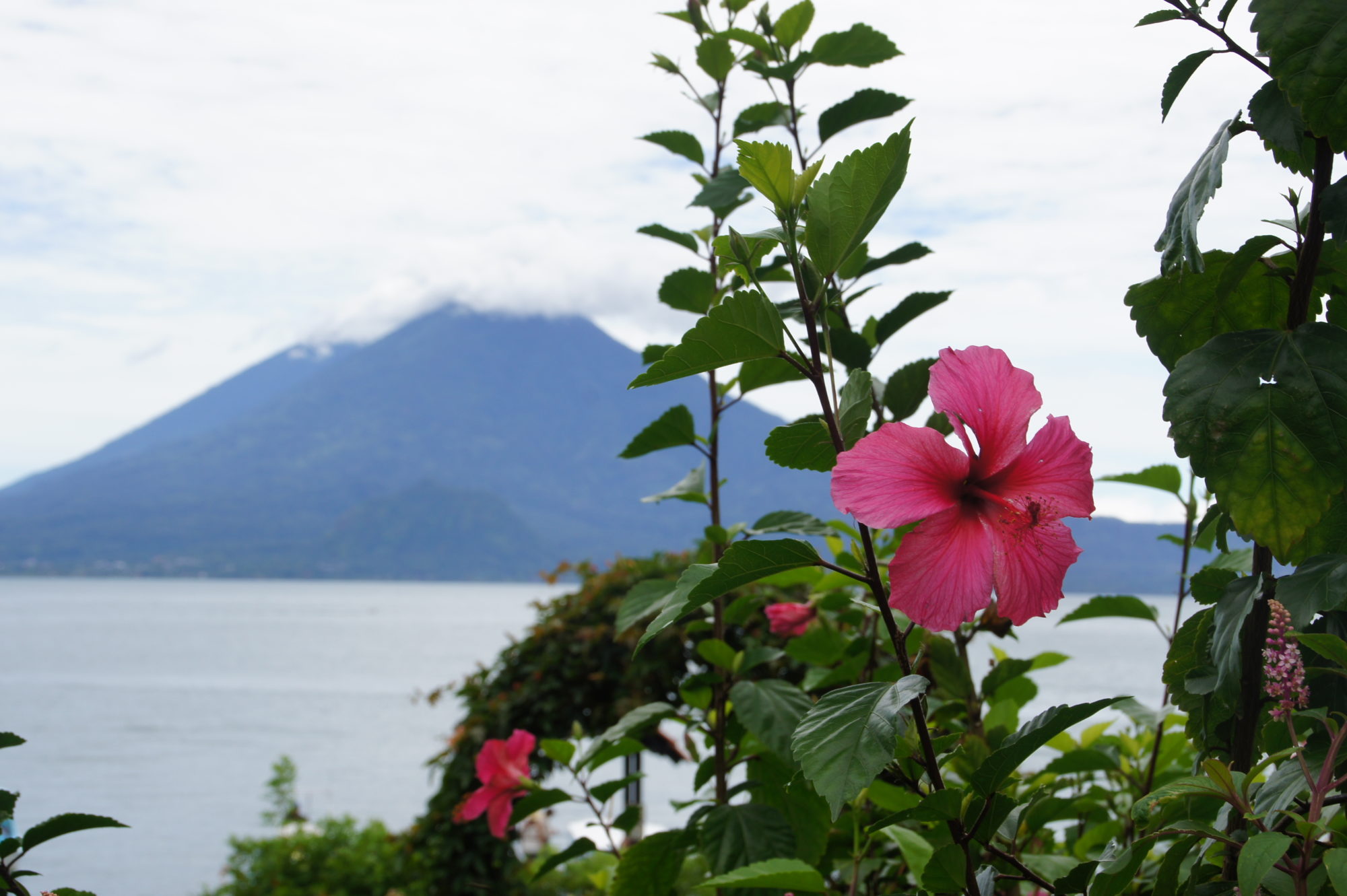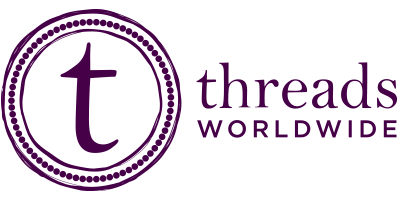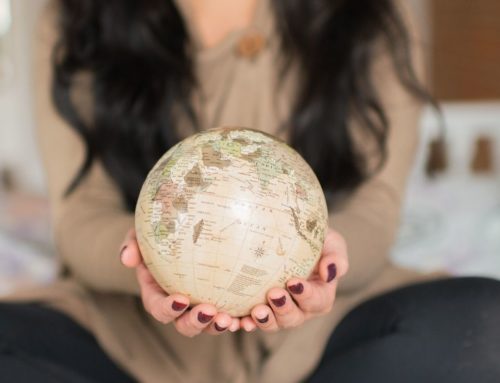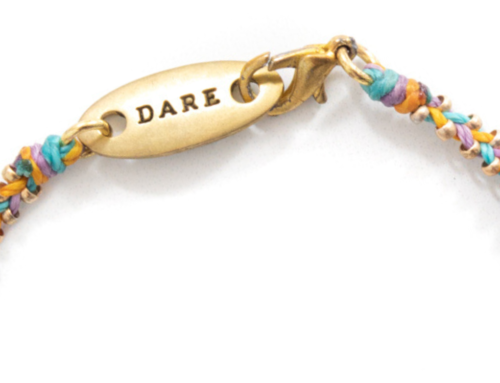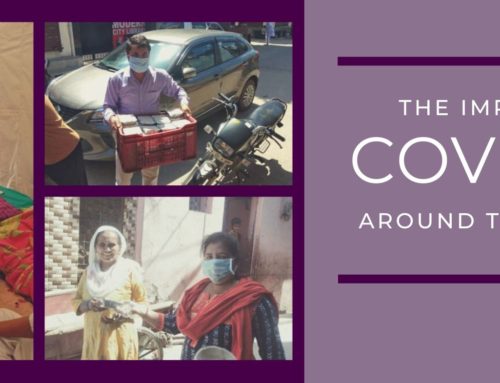“In Tzununá, a village on Lake Atitlán in Guatemala, only 50% of the women know how to read and write. Only 3 out of 10 of them have finished Elementary School. Most women have informal jobs such as weaving, coffee crop collection and firewood collection, among others. These jobs generate a monthly income of around Q50 to Q100 ($6-13). Due to the community’s low education level, job opportunities are limited, especially for women” (Wakami, Comunidades de la Tierra).
In rural villages in Guatemala, lives are transforming. Maria Pacheco and her team have helped local women to establish production teams who work to create beautiful bracelets and more under the Wakami brand. These bracelets are sold in a growing market around the world, which empowers women to grow their earning potential and their self-esteem.
After a thrilling tuc-tuc ride and a steep climb to Producciones Tzununá we meet with our second Wakami group. We are greeted by Santos, a young woman who works to lead the production group in her village, which has just ended its two-year incubation period. Benches are hurriedly rearranged and we begin sharing our stories with one another.
We share our gratitude. We share stories of fear and triumph, of children in poor health and children going to school. I listen as Santos explains why there is such a small group of women working with her: some were beaten and couldn’t return to work, while others were pulled by the labor of looking after their home.
I try to read faces as we listen. I’m looking for some invisible force, some clue that would explain why and how these women have chosen to challenge tradition and their status quo.
One of these remarkable stories belongs to a young woman named Eva Simón.
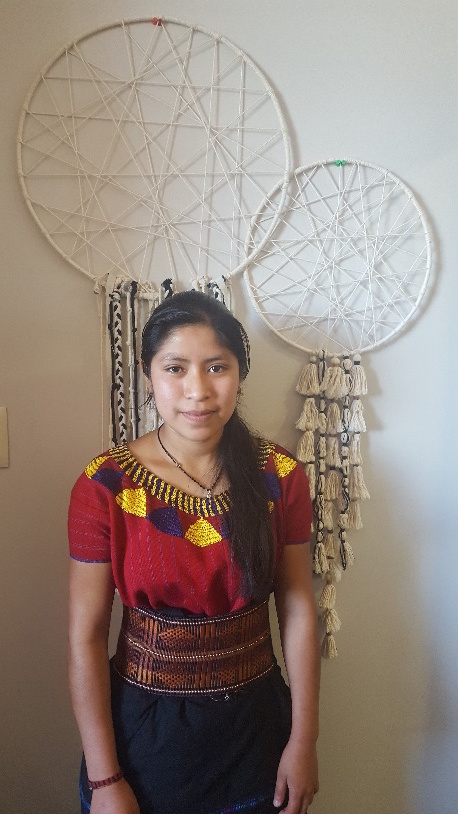
Eva is the third daughter of six children, five girls and one boy. The Simón family resides in Tzununá and all of the children in her family can read and write, but only her brother has continued his studies beyond early elementary school.
Her story is shared by Wakami’s Comunidades de la Tierra, which is the department that works to incubate Wakami production groups.
“When Eva left school, she started working in the fields, picking coffee and plums in the mountains. Her income per day was about Q7.00 (about $0.93), while she was incurring many health risks such as sun exposure. To help her family, she used to give half of the total income to her mother” (Wakami, Comunidades de la Tierra).
When Eva was fifteen years old, she heard about a job opportunity with Wakami. Eva was unsure about approaching the group of women and doubted her ability to make the Wakami products by hand, but with the support of her mother, found her courage and joined the group. The Wakami trainers helped Eva grow her skills and she quickly excelled. Eva was named the official internal trainer for Producciones Tzununá and teaches the artisans to make each piece of jewelry to the high standards set by Santos and Wakami.
Eva said, “I feel very happy because I learned fast during the training process and I finally earned my first salary.”
Now eighteen years old, Eva earns about Q800 per month (about $106, or $3.53 per day). She still helps her mother by giving her 50% of her earnings.
“By showing her capabilities, Eva is finally gaining her family’s trust, having them realize how important her job is, despite the fact that it often has her to travel to the city, which can be dangerous for a woman. Eva has gained a lot of confidence; she has now joined a program called “Starting Opportunities,” better known as the Girls’ Club. The main objective is to help girls and teenagers by educating them about topics such as empowerment, health, education, productivity and independence in order to increase their chances to succeed. Eva is now in charge of teaching these subjects to the girls and teenagers of the Girls’ Club, and, in that way, Eva helps her community progress” (Wakami, Comunidades de la Tierra).
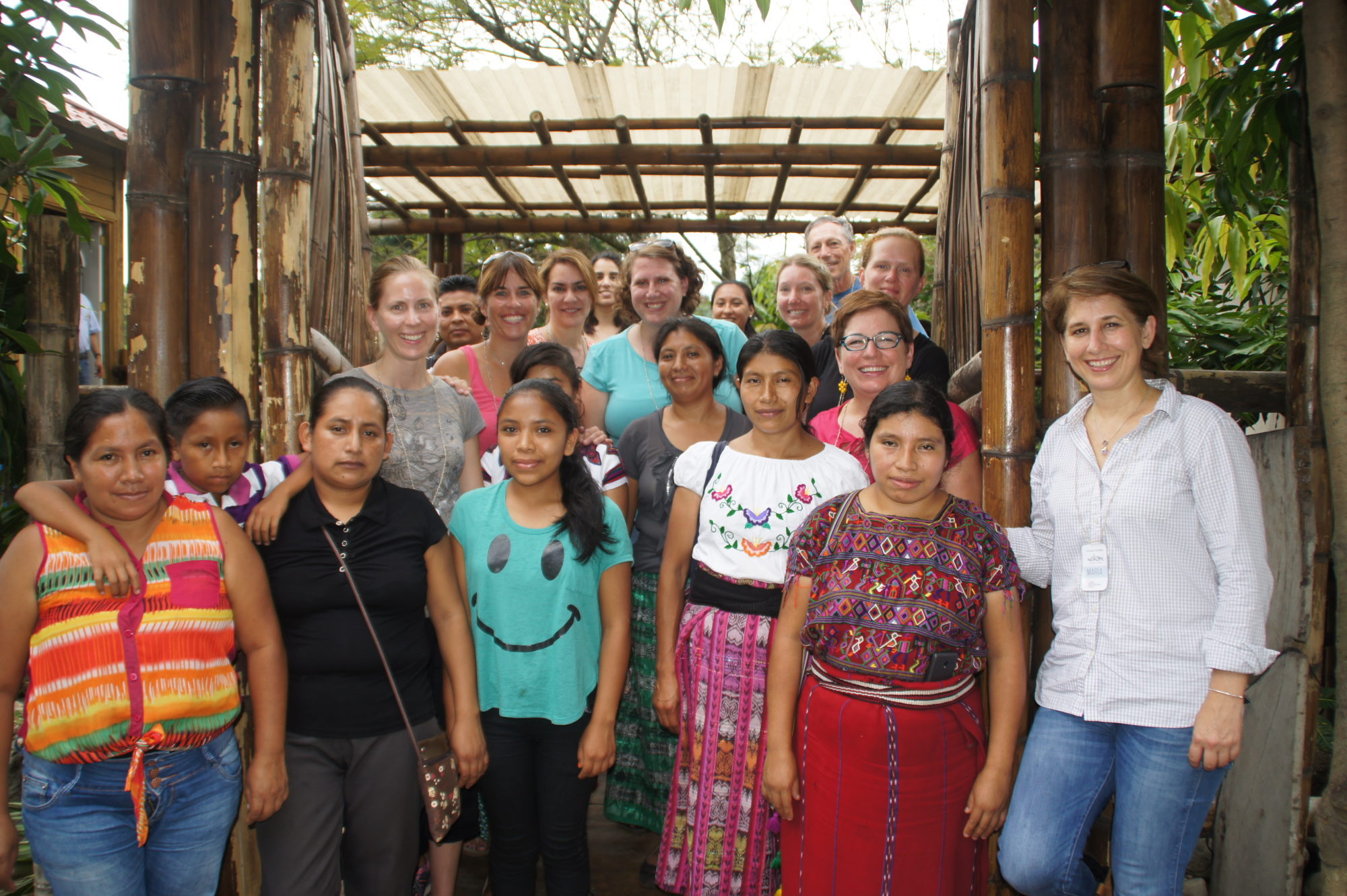
Eva’s dream is to become a leader of the Producciones Tzununá group so that she may go back to school and become a teacher.
What I read on the faces of Eva and her colleagues in Tzununa is more than bravery, which acts boldly in the absence of fear; it is courage, shared and grown through community, the choice to face fear and take action to follow a dream.
The Wakami formula for change is to combine dreams with opportunities. But Eva and her colleagues bring a third ingredient: the commitment to wake each day and turn toward these dreams despite the risks.
As my trip with these inspiring women fades slowly into my past, I can only hope that I will continue to find and borrow and share the courage of our global sisters.
